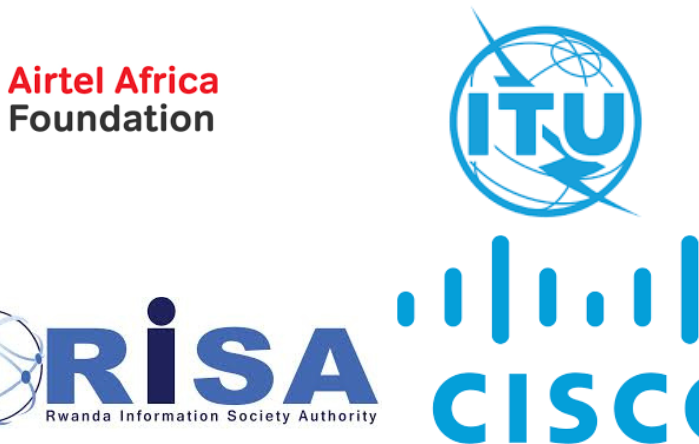Kigali, Rwanda | Airtel Africa Foundation has partnered with the International Telecommunication Union (ITU), Rwanda Information Society Authority (RISA), and Cisco to enhance digital skills and capacity building under the Digital Transformation Centres (DTC) Initiative. The collaboration aims to bridge the digital divide by providing free internet connectivity and digital skills training to underserved communities across the country.
As part of the initiative, ITU will supply digital skills training content for the DTCs and facilitate networking opportunities to promote digital literacy and inclusion. This will allow participants to access global expertise and best practices in digital development.
Sujay Chakrabarti, Airtel Rwanda Managing Director, said, “This partnership marks a significant step forward in empowering Rwandan youth with digital skills. It shows the impact of governments, private sector, and international organizations working together to uplift communities.”
Through Airtel Rwanda, the Foundation will equip DTCs with routers, Wi-Fi, and data packages at no cost, ensuring smooth access to training and digital educational resources. The partnership aligns with Rwanda’s vision to become a knowledge-based economy and complements initiatives like ‘Connect Rwanda,’ which promote access to digital services and devices for underserved populations.
Esi Asare Prah, Head of Programs at Airtel Africa Foundation, added, “We are honoured to collaborate with ITU to help Rwanda advance toward a digitally empowered society.”
Dr. Emmanuel Mannaseh, Regional Director for ITU, emphasized that the initiative in Rwanda sets the stage for wider regional collaboration, aiming to expand Digital Transformation Centres across Africa. Antoine Sebera, CEO of RISA, noted, “These centres will be transformative, equipping youth to leverage AI and ensuring that Rwanda remains at the forefront of digital innovation while no one is left behind.”
This partnership represents a major milestone in strengthening digital literacy, inclusion, and capacity building in Rwanda, supporting both national development goals and the broader 2030 Agenda for Sustainable Development.
